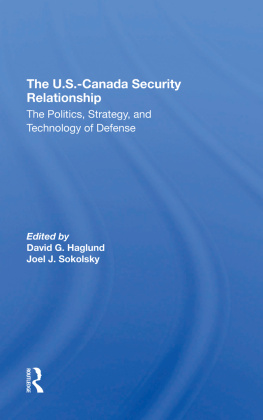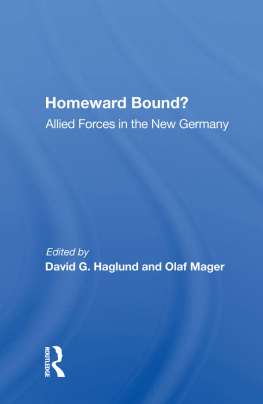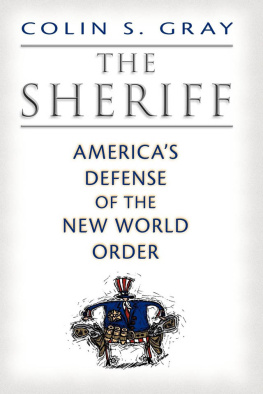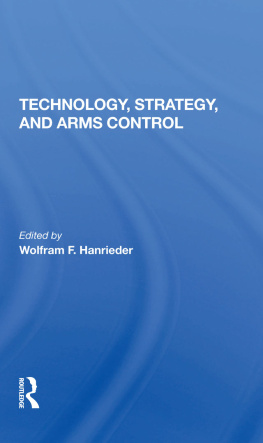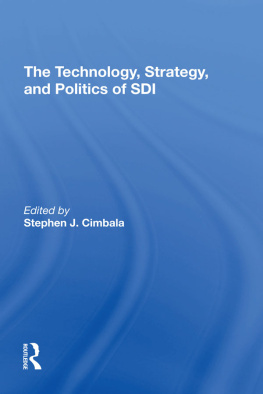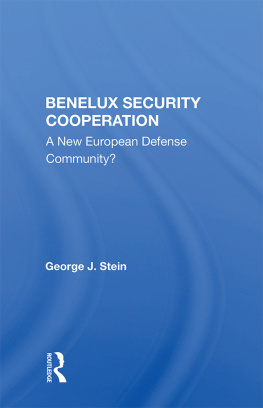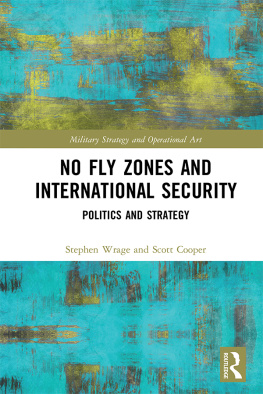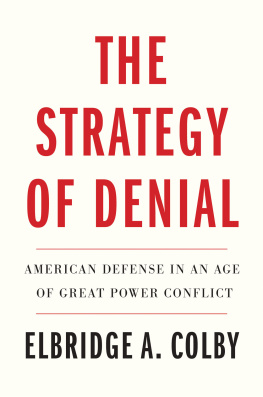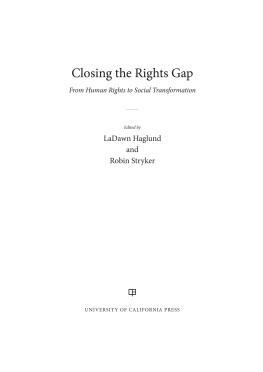David G Haglund - The U.S.Canada Security Relationship: The Politics, Strategy, and Technology of Defense
Here you can read online David G Haglund - The U.S.Canada Security Relationship: The Politics, Strategy, and Technology of Defense full text of the book (entire story) in english for free. Download pdf and epub, get meaning, cover and reviews about this ebook. year: 2019, publisher: Routledge, genre: Politics. Description of the work, (preface) as well as reviews are available. Best literature library LitArk.com created for fans of good reading and offers a wide selection of genres:
Romance novel
Science fiction
Adventure
Detective
Science
History
Home and family
Prose
Art
Politics
Computer
Non-fiction
Religion
Business
Children
Humor
Choose a favorite category and find really read worthwhile books. Enjoy immersion in the world of imagination, feel the emotions of the characters or learn something new for yourself, make an fascinating discovery.
- Book:The U.S.Canada Security Relationship: The Politics, Strategy, and Technology of Defense
- Author:
- Publisher:Routledge
- Genre:
- Year:2019
- Rating:4 / 5
- Favourites:Add to favourites
- Your mark:
- 80
- 1
- 2
- 3
- 4
- 5
The U.S.Canada Security Relationship: The Politics, Strategy, and Technology of Defense: summary, description and annotation
We offer to read an annotation, description, summary or preface (depends on what the author of the book "The U.S.Canada Security Relationship: The Politics, Strategy, and Technology of Defense" wrote himself). If you haven't found the necessary information about the book — write in the comments, we will try to find it.
David G Haglund: author's other books
Who wrote The U.S.Canada Security Relationship: The Politics, Strategy, and Technology of Defense? Find out the surname, the name of the author of the book and a list of all author's works by series.
The U.S.Canada Security Relationship: The Politics, Strategy, and Technology of Defense — read online for free the complete book (whole text) full work
Below is the text of the book, divided by pages. System saving the place of the last page read, allows you to conveniently read the book "The U.S.Canada Security Relationship: The Politics, Strategy, and Technology of Defense" online for free, without having to search again every time where you left off. Put a bookmark, and you can go to the page where you finished reading at any time.
Font size:
Interval:
Bookmark:
David G. Haglund and Joel J. Sokolsky

52 Vanderbilt Avenue, New York, NY 10017
2 Park Square, Milton Park, Abingdon, Oxon OX14 4RN
Product or corporate names may be trademarks or registered trademarks, and are used only for identification and explanation without intent to infringe.
The U.S.-Canada security relationship: the politics, strategy, and
technology of defense / edited by David G. Haglund and Joel J.
Sokolsky.
p. cm.(Studies in global security)
Includes index.
ISBN 0-8133-7685-8
1. CanadaMilitary relationsUnited States. 2. United States
Military relationsCanada. I. Haglund, David G. II. Sokolsky,
Joel J., 1953- . III. Title: US-Canada security relationship.
IV. Title: United States-Canada security relationship. V. Series.
UA600.U18 1989
355'.03307dc19 88-29025
CIP
| Tables |
| Figures |
Joel J. Sokolsky
and
Joel J. Sokolsky
Font size:
Interval:
Bookmark:
Similar books «The U.S.Canada Security Relationship: The Politics, Strategy, and Technology of Defense»
Look at similar books to The U.S.Canada Security Relationship: The Politics, Strategy, and Technology of Defense. We have selected literature similar in name and meaning in the hope of providing readers with more options to find new, interesting, not yet read works.
Discussion, reviews of the book The U.S.Canada Security Relationship: The Politics, Strategy, and Technology of Defense and just readers' own opinions. Leave your comments, write what you think about the work, its meaning or the main characters. Specify what exactly you liked and what you didn't like, and why you think so.

